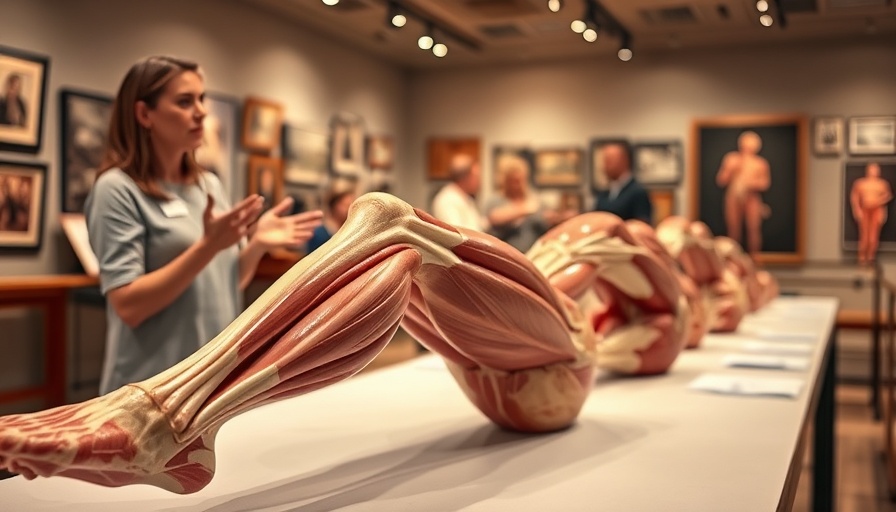
Understanding the Gift of Body Donation to Science
When considering body donation as a means of contributing to society, it’s important to understand the multitude of avenues through which this generous act can benefit the medical community. Donating your body for scientific purposes can lead to advancements in surgical education, enhance medical research, and even inform forensic science. These contributions can unlock high-impact learning experiences for medical students, ultimately benefiting countless lives.
In the video 'Doctor explains: medical donation', we explore the myriad benefits of donating one’s body to science, prompting a deeper understanding of its implications.
The Role of Donations in Medical Education
Most commonly, bodies donated to science aid in medical education. Imagine future physicians training on real anatomical structures rather than fictional models, honing their surgical skills under realistic conditions. This practical experience is vital in preparing healthcare professionals to perform life-saving surgeries with confidence and precision, promoting not only their own skill but the overall health outcomes of their future patients.
Advancements in Medical Research Through Donations
Body donations also play a critical role in medical research. Research focused on disease progression, injury response, and even prevention is enhanced by the insights gained from real human bodies. This research can lead to breakthroughs in treatment options for various conditions, including common chronic issues like diabetes and associated complications. It emphasizes the profound impact that such donations can have on enhancing diabetic foot care and overall health management.
Clinical Training and Forensic Applications
Beyond traditional medicine, forensic science benefits significantly from body donations. Experts analyze the physiological changes that occur post-mortem, which can aid criminal investigations by providing insights into cause of death and handling forensic evidence responsibly. This facet of body donation illustrates its multifaceted nature, breaking down barriers between various disciplines in science.
Encouraging a Culture of Giving
In a society that often views body donation as taboo or unfamiliar, education is crucial. Raising awareness about its benefits can foster a culture of giving. It can help to diminish misconceptions surrounding body donation and the donation process itself. In many ways, this choice reflects a profound altruism—providing a continuing legacy that enhances our understanding of health and medicine, ultimately driving forward the field of healthcare.
Decisions Influenced by Understanding Body Donation
Knowing the broad implications of body donation might encourage individuals to consider how they can positively impact future health care. It isn’t just about body donation itself but about making an informed decision that can ripple throughout the medical community, creating opportunities for learning, discovery, and effective treatment. Understanding this could significantly influence how we approach health and wellness in our own lives.
As you consider your health journey, think about the legacy you want to leave. Donations can bridge gaps in knowledge and can empower future generations to innovate and improve the health landscape. If you're interested in contributing to future medical advancements and research, reach out to local medical institutions to learn more about body donation programs.
 Add Row
Add Row  Add
Add 




Write A Comment